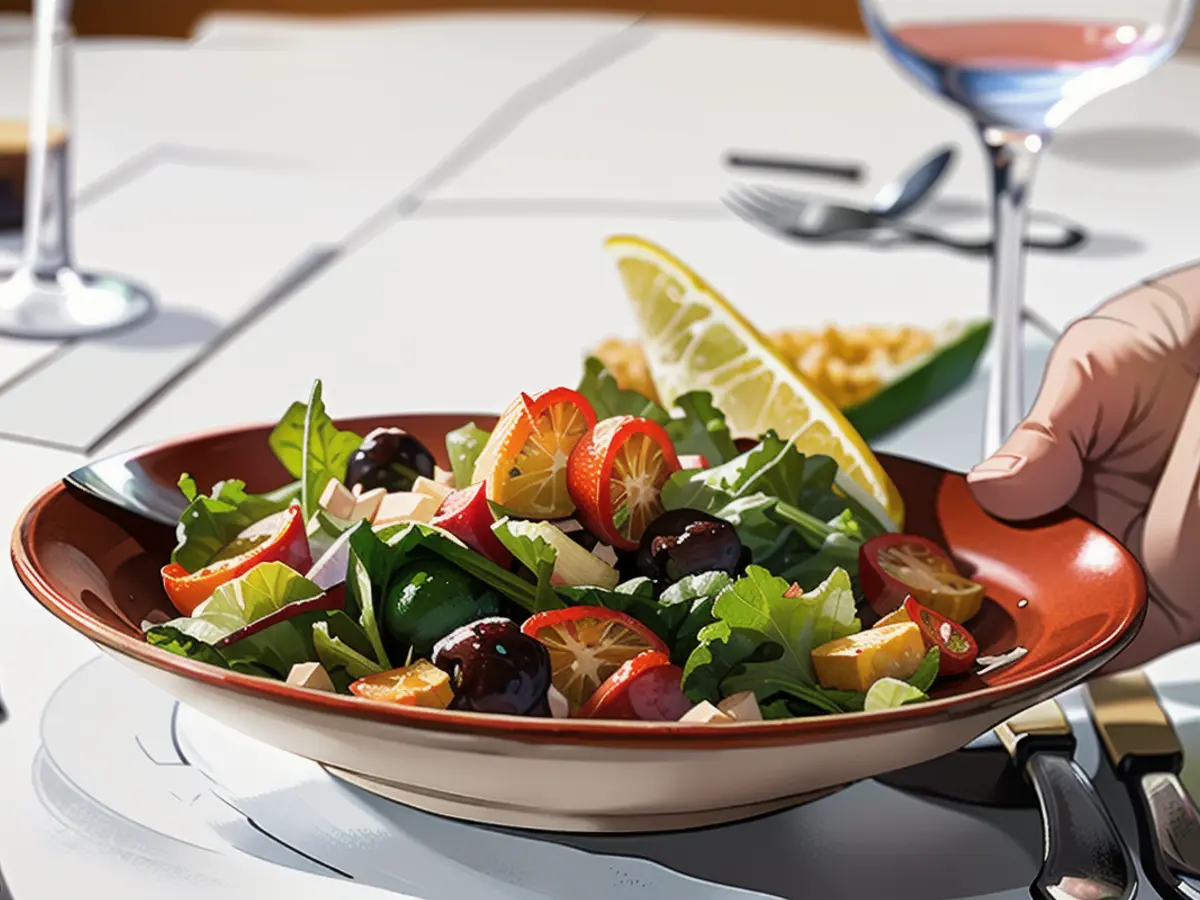Accommodation business sector - Challenging times for dining establishments in Thuringia.
Rising energy costs, complicated regulations, and a scarcity of qualified staff - these are some of the hurdles the outdoor dining scene in Thuringia must overcome, says the Thuringian Hotel and Restaurant Association (Dehoga). As stated by Dehoga's director, Dirk Ellinger, "this business model is currently a formidable challenge." There are numerous success stories, but several owners of these types of restaurants are facing significant issues due to stricter standards.
In essence, these eateries share the same problems as the entire industry: Too much red tape, increasing food and energy costs, and the absence of successors, according to Ellinger. Furthermore, their primary business is frequently limited to holidays and weekends - hence, their season is very brief. In addition, these operations are particularly vulnerable to the weather.
Although Ellinger points out that considerable efforts are being made to instruct young professionals in Thuringia, there's still a workforce shortage in rural regions. For instance, Thomas Regensburg, head of the Ruhlaer Skihütte, reports, "One of our key issues is the labor shortage." However, even in other situations, organizing staff in the outdoor dining business is a complex endeavour: When there's plenty of demand on good-weather days, hiring extra help is a loss-inducing proposition during unfavorable periods.
The same is true for food management: On the one hand, food costs have skyrocketed - for example, pork meat is sometimes getting close to double its price from a few years ago. On the other hand, most foods need to be consumed quickly. This can be an issue on slow days. In addition, soaring energy bills are also affecting the bottom line. And finally, the growing cost of living is evident in customer behaviour: "People come, but they tend to buy cheaper items more frequently."
As per Dehoga Thuringia, the number of dining establishments in Thuringia has dropped from 3770 in 2019 to 3161 in 2022 - indicating the closure of over 600 businesses. It remains unclear how much of this impacted the outdoor dining sector.
"The number of establishments has significantly decreased," says Regensburg, who has been running the Skihütte with his family for 35 years. Faced with a variety of challenges, it's not surprising that owners of businesses throw in the towel - and the massive amount of work and uncertainties turn potential successors off. "I understand those who throw in the towel or don't want to do it," admits Regensburg. For businesses like the Skihütte, which are open five times a week, there's always a lot on their plate. "The job has to be enjoyable for you - otherwise, you won't succeed. I've hardly ever had a day when I didn't want to go to work."
Ultimately, Ellinger identifies a shift in social trends affecting nightlife patterns: Even in tiny rural towns, traditional village pubs are losing relevance. Innkeepers have to come up with more creative ideas to survive - such as hosting events that attract regional guests. In about ten years, a significant wave of handovers will occur when the baby boomer generation retires. Hence, it's imperative in this context to alleviate the pressure on the industry, for instance, through measures like reducing bureaucracy, decreasing value-added tax, and practical solutions to these issues. "In the end, we need a tad more understanding for the small business owners." Because each closure means the loss of a piece of local charm.
Read also:
- The outdoor dining scene in Thuringia's restaurants is grappling with high energy costs, intricate bureaucracy, and a lack of qualified personnel, as observed by DEHOGA Thuringia.
- Dirk Ellinger, Dehoga's director, highlights that these challenges make the restaurant business model particularly challenging.
- Strict regulations, escalating food and energy costs, and a lack of successors are common struggles shared by the Thuringian hospitality industry, including excursion restaurants.
- In many cases, the primary business of these establishments is restricted to holidays and weekends, leading to a short operating season and increased vulnerability to weather conditions.
- Despite training initiatives in Thuringia, rural areas still experience a significant skills shortage, as reported by Thomas Regensburg, head of the Ruhlaer Skihütte.
- Energy bills, skyrocketing food costs, and a shift in customer behavior due to inflation are putting pressure on the gastronomy sector in Erfurt and beyond, ultimately affecting the overall tourism industry.








